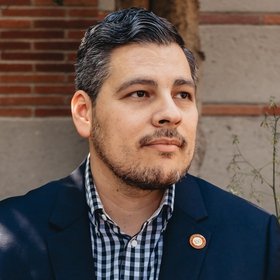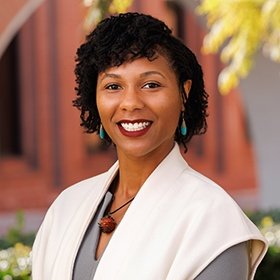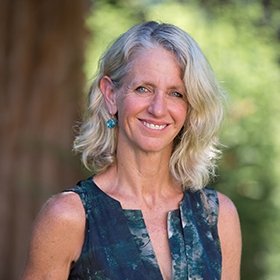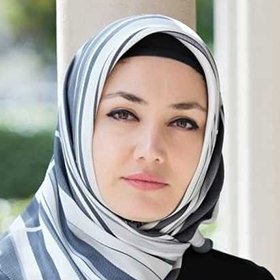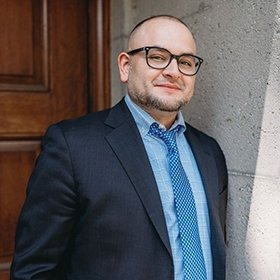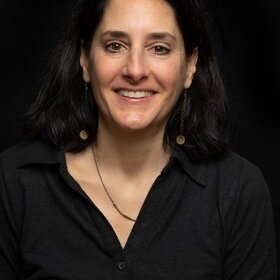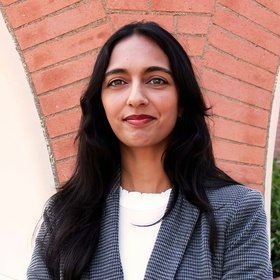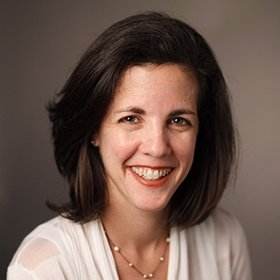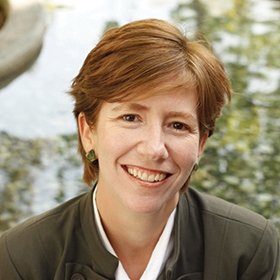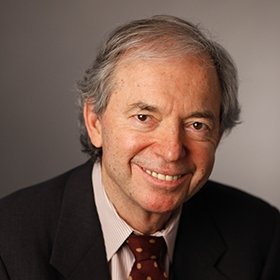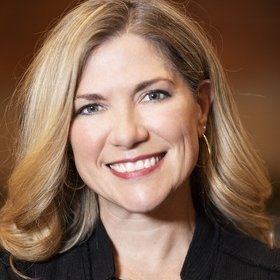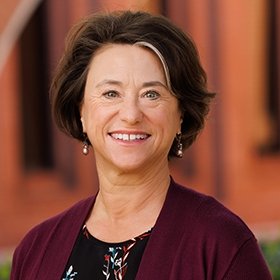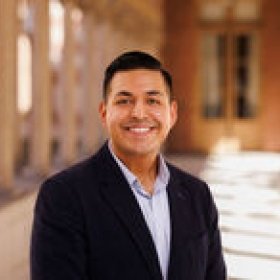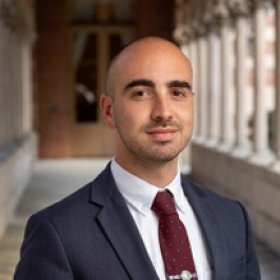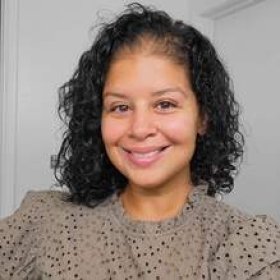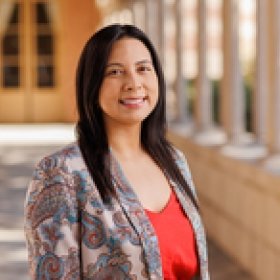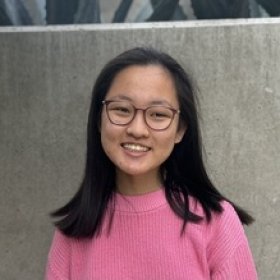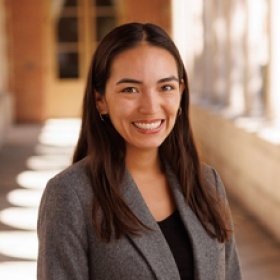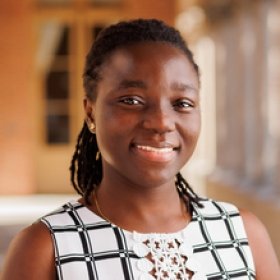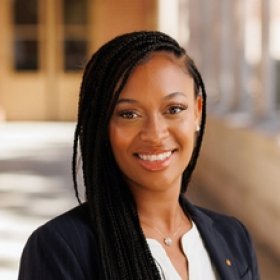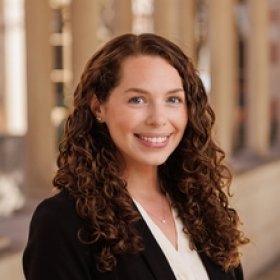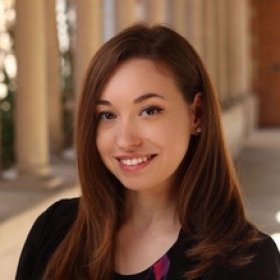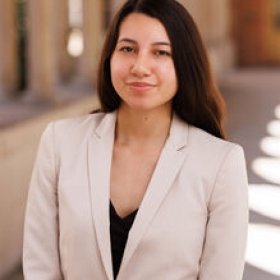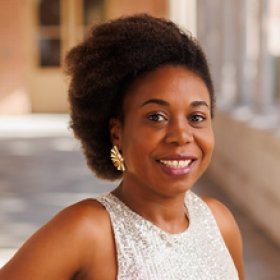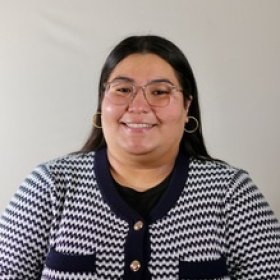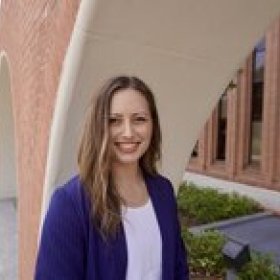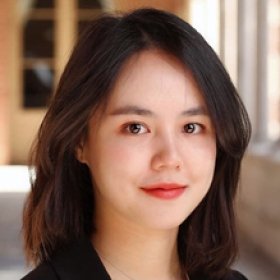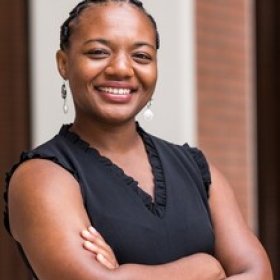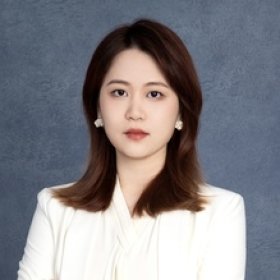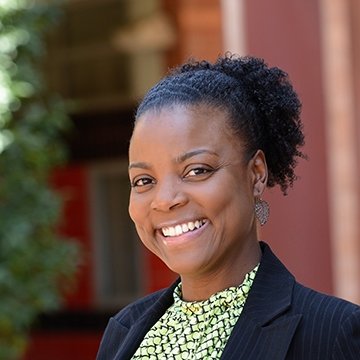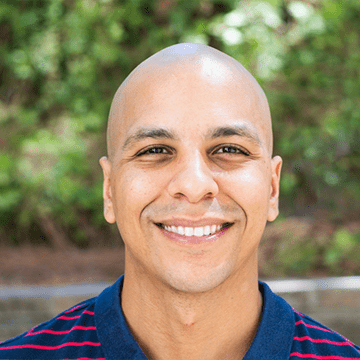
Doctor of Philosophy in Education
This program is designed for aspiring research scholars whose research interests align with USC Rossier’s mission.
The PhD program aims to prepare students to conduct high quality, consequential research promoting educational excellence and social justice. This effort stands on three pillars: preparing students to pursue educational equity through research; studying educational equity across disciplines; and constructing a diverse, inclusive professional community.
The program is intentionally designed so students obtain knowledge through research assistantships, teaching assistantships, courses, as well as professional development opportunities.
Program Overview
The four-year, full-time program is year round, with courses taught at USC’s University Park Campus in Los Angeles. Through this program, you will research alongside USC Rossier’s distinguished faculty experts at a Tier 1 research university to gain interdisciplinary knowledge of education and equity theory and research, including diverse methodological and epistemological approaches.
Concentrations
The program offers four concentrations: Educational Psychology, Higher Education, K-12 Education Policy and Teacher Education. While research interests and collaborations often span concentrations, students select one concentration reflecting their core interests and are matched with a PhD faculty advisor within that concentration to guide their academic and research journey.
- Educational Psychology includes research in the areas of learning and motivation, neuroscience of learning, learning analytics, generative AI, digital equity, cyberbullying, socio-emotional learning, racial discrimination, adolescent development in urban schools and online contexts, impact of race and racism on the educational experiences of African Americans, critical race theory, emotions and coping related to racism, conceptual change and science learning. Meet our Educational Psychology faculty.
- Higher Education includes research in the areas of college access and equity, graduate education, organizational change and leadership, anti-Black sentiment across the P-20 pipeline, college student development, racial equity, carcerality in education, system impacted populations, men of color, and student enrollment, retention and success at four-year institutions and community colleges. Meet our Higher Education faculty.
- K12 Education Policy includes research centered on K-12 governance, accountability, politics, school and district reform, racial justice and equity initiatives, school choice policies and privatization, teacher policies, standards and curriculum reform and conflicts, organization and institutional change, critical policy analysis, and cross-sector policies to assist housing-insecure families and families experiencing homelessness in public schools. Meet our K12 Education Policy faculty.
- Teacher Education includes a focus on knowledge for teaching mathematics, teacher knowledge, mathematics education, mathematics teacher education, professional development, teacher learning, and AI-supported tools for teacher education and research. Meet our Teacher Education faculty.
Curriculum
The PhD curriculum allows students to explore diverse theories and research methodologies. These include foundational courses, qualitative and quantitative methods courses, and content courses.
To reflect an interdisciplinary perspective, you will also take courses outside of the Rossier School of Education in other departments and schools across the University of Southern California. These courses will allow you to gain breadth in disciplines such as public policy, sociology, business, economics, social work, history, anthropology, psychology or American studies.
Learn more about our courses and benchmarks.
Assistantship
As an admitted student in the PhD program, you will be awarded a teaching and research assistantship funded by USC Rossier and grant-funded projects.This assistantship is a part-time position that requires approximately 20 hours of work per week. Through this role, you will collaborate closely with faculty on research and teaching, contributing to important scholarly work while developing essential skills in course instruction, project management, and academic inquiry.
The assistantship includes:
- $41,655 annual PhD stipend for living expenses (distributed over fall, spring and summer for four years)
- 12 units of tuition coverage per semester that may be used for degree-relevant courses
- Coverage of health and dental benefits premiums
- Access to the USC Student Health Center
- Professional development opportunities
As an alternative to the USC assistantship stipend, students can apply for external fellowships and grants.
Students who anticipate needing additional funds beyond what our assistantship benefits cover, can apply for financial aid.
Career Outcomes
Our PhD students are positioned for research careers as tenure-track faculty, postdocs, research faculty, institutional researchers and researchers in policy institutes, government agencies, non-governmental organizations (NGO), private research firms and school districts. Learn more about our alumni placements.
PhD Student Directory
Our students come from a wide range of disciplines and backgrounds. Current student biographies can be found in our PhD student directory.
Meet the Students Webinar
Program Details
Degree Awarded
Estimated Length
4 years
Units
Program Cost
Tuition and stipend funded by assistantship
Modality
- On Campus
Next Deadline
The application for an August 2026 start closed November 15, 2025. The next application cycle will open August 1, 2026 for an August 2027 program start.
Start Date
August 15, 2027
Class Times
Various times, Monday through Friday
Take the Next Step
-
• The PhD in Education program application will reopen August 1, 2026 for an August 2027 start.
- Request Info
- Connect
Faculty
USC Rossier’s renowned faculty is committed to training the next generation of scholars and researchers to the highest standards.
Meet Our PhD Students
Our student body, one of the most diverse in the country, is comprised of accomplished research-scholars. Each year, we enroll approximately 12 new students in the incoming cohort.
From Our Alumni
News and Insights
Featured Research Centers
One of the world’s leading research centers on higher education, the Pullias Center for Higher Education at the USC Rossier School of Education advances innovative, scalable solutions to improve college outcomes for underserved students and to enhance the performance of postsecondary institutions. The mission of the Pullias Center is to bring an equity-focused, multidisciplinary perspective to complex social, political and economic issues in higher education. The Center is currently engaged in research projects to improve access, admissions and outcomes for low-income, first-generation students, improve the performance of postsecondary institutions, assess the role of contingent faculty, understand how colleges can undergo reform to increase their effectiveness, analyze emerging organizational forms such as for-profit institutions, and assess the educational trajectories of community college students.
Website | Brochure
Established in 2017, the Center for Empowered Learning and Development with Technology (CELDTECH) is a transdisciplinary research center that promotes equity in digital learning and development among urban populations in formal and informal contexts. CELDTECH takes an intersectional approach to the study of learning with technology and foregrounds the nexus between students’ histories, cultural assets and developmental needs.
The USC Center for Affective Neuroscience, Development, Learning and Education (CANDLE) brings educational innovation and developmental affective neuroscience into partnership, and uses what is learned to guide the transformation of schools, policy, and the student and teacher experience for a healthier and more equitable society.
Established in 2017, the Center for Education, Identity and Social Justice has a compelling interest in eradicating all forms of discrimination based on the intersection of an individual’s identities that include religion, gender, sexual orientation, race, ethnicity and disability. Using rigorous research and legal analysis, we empower educators to utilize laws and policies in order to identify and extricate bias and unequal distributions of power within educational institutions.
Public education in Southern California and across the nation faces a daunting array of challenges: longstanding structural inequities, declining enrollments, staffing shortages, funding shortfalls, political conflicts, and the ongoing effects of the pandemic on student academics and mental health. The challenges are often systemic, with causes and consequences crossing school systems and other boundaries, and disproportionately affecting minoritized and low-income communities.
The USC EdPolicy Hub collaborates with schools, education systems, and community colleges throughout Southern California to conduct rigorous, actionable, boundary-spanning research. Research results—shared with language and formats geared for practitioners and policymakers—inform decisions for educators, policymakers, and families, ultimately improving student outcomes.
Program Contact
We welcome your interest in the PhD program and are happy to answer any questions you might have. We highly recommend attending one of our PhD webinars as a first step. You can also join our mailing list.

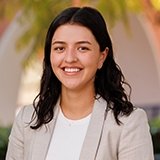

Request More Information
Connect with us to receive more information about this program and reminders about upcoming events and application deadlines.
Privacy Policy: USC Rossier School of Education will never share or sell your personal information.

